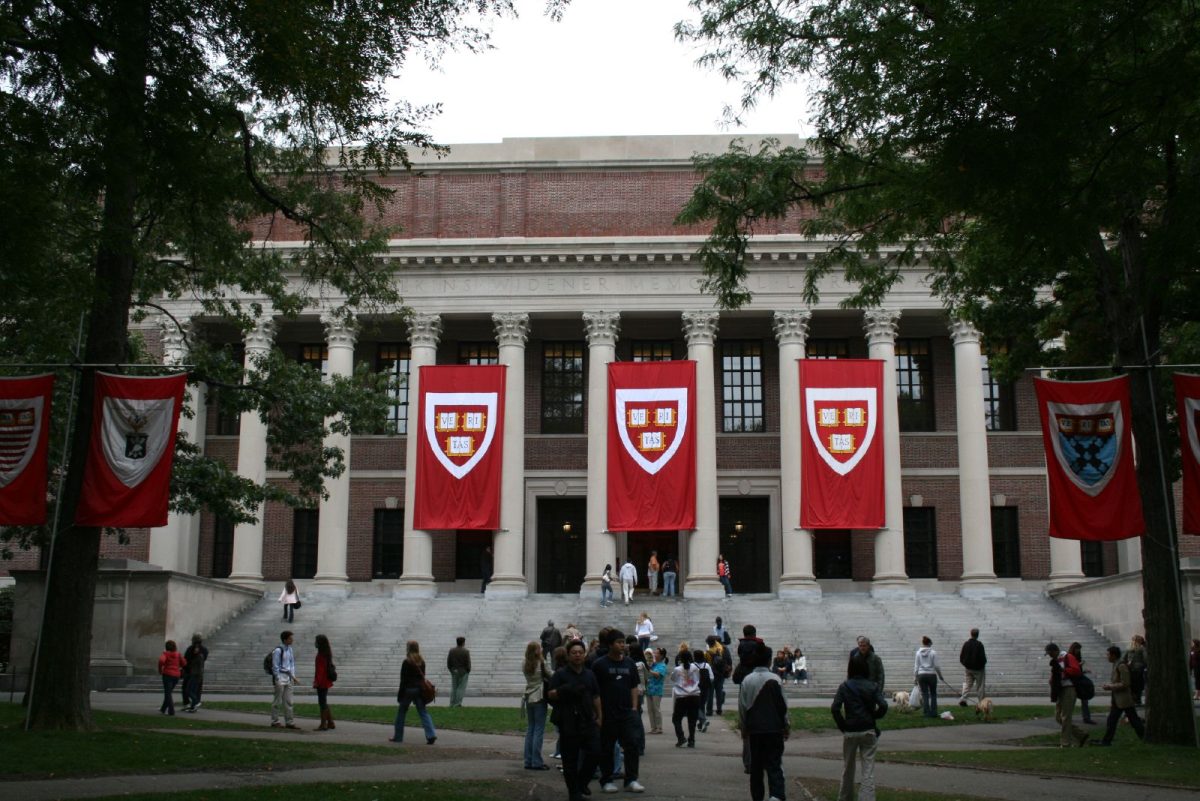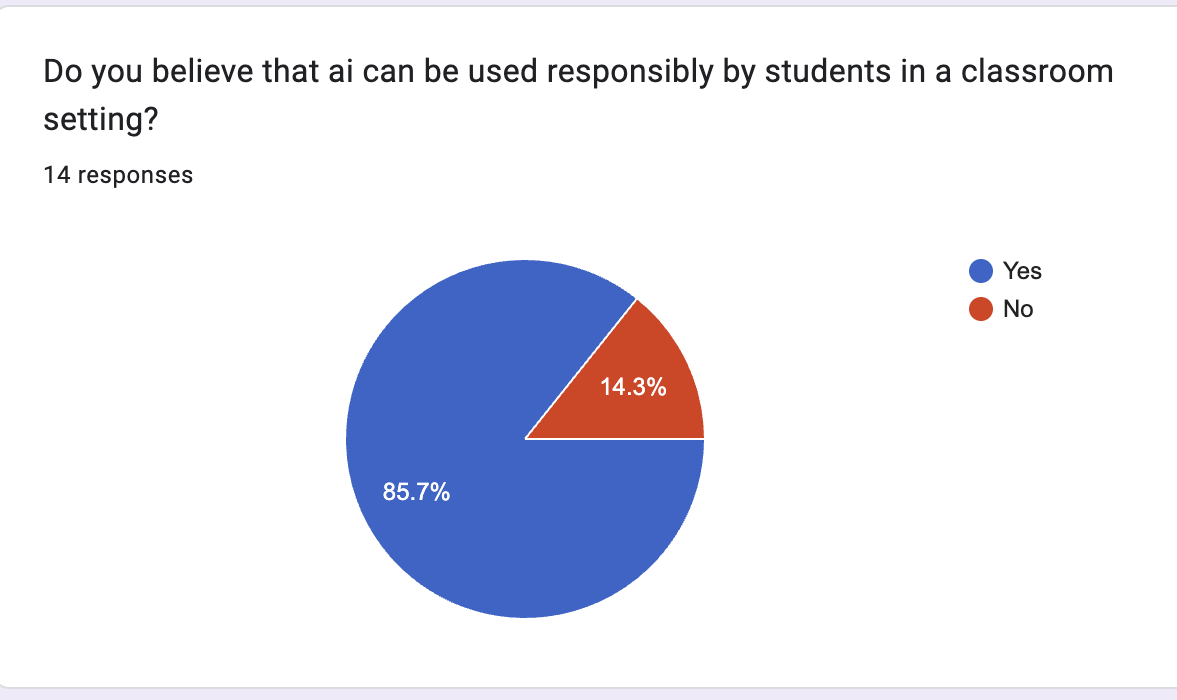On Tuesday, May 13, the Trump administration withdrew an additional $450 million worth of federal grants from Harvard University, on top of $2.2 billion already withdrawn last month. This cut is the second of its kind in a recent battle between the federal government and the nation’s oldest university.
In a letter sent to Harvard’s president Dr. Alan Garber on April 11, the Trump administration aired its grievances with Harvard by listing ten demands that had to be met in order to “maintain Harvard’s financial relationship with the federal government,” by August of 2025. These demands included the adoption of “merit-based” staff hiring and student admissions policies, a request somewhat ironic to a university with around a 3 percent acceptance rate widely considered to be the most prestigious research institution in the world.
The letter also demanded the elimination of Diversity Equity and Inclusion (DEI) policies, the immediate reform of “programs with egregious records of antisemitism or other bias,” and the establishment of a quarterly report by Harvard to the federal government to make sure the aforementioned demands were being met, as well as several others.
On April 14, a letter from two lawyers representing Harvard University was sent to the Trump administration rejecting their demands. The letter cited the First Amendment, as well as Supreme Court decisions and congressional precedent, in their claim that the Trump administration’s demands were unlawful.
Harvard made clear their commitment to continue to make changes towards fighting antisemitism on its campus and creating a “welcoming and supportive learning environment for all students.”
“Neither Harvard nor any other private university can allow itself to be taken over by the federal government,” finished the letter. A number of other colleges and universities have faced similar funding cuts from the Trump administration in past months, notably Columbia, Northwestern, NYU, UCLA, and USC.
A number of critics have brought up both the fact that a majority of the schools having their federal funding cut are in states that swung Democrat in the presidential election and the fact that many of these schools were the sites of large and sometimes violent pro-Palestinian protests around a year ago.
As of May 13, Harvard has lost another $450 million worth of funding. The Joint Task Force to Combat Anti-Semitism released a statement announcing this defunding, citing the “dark problem on Harvard’s campus” of supposed repeated acts of administration-supported anti-semitism, which Harvard was quick to specifically deny and work against in their response to the original funding cuts.
While a handful of acts of aggression towards Jewish students resulting from pro-Palestinian protests occured at Harvard last spring, the administration was quick to discipline those involved and has no ties to antisemitism itself. Somewhat ironically, Dr. Garber, the recipient of many of the federal government’s letters, is Jewish. Clearly these funding cuts, both at Harvard and other universities around the country, are a result of a deeper and more complicated conflict between the higher education system and the Trump administration. Higher education, particularly at the level Harvard conducts itself at, plays a pivotal role in America’s contributions to medical, scientific, and other research-based fields, and hopefully these contributions can continue despite this battle.







